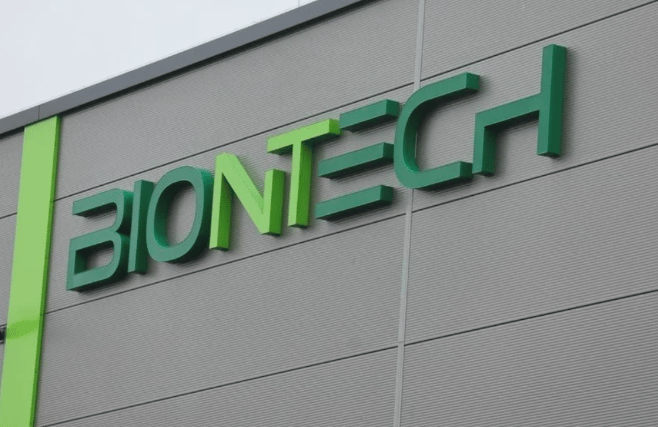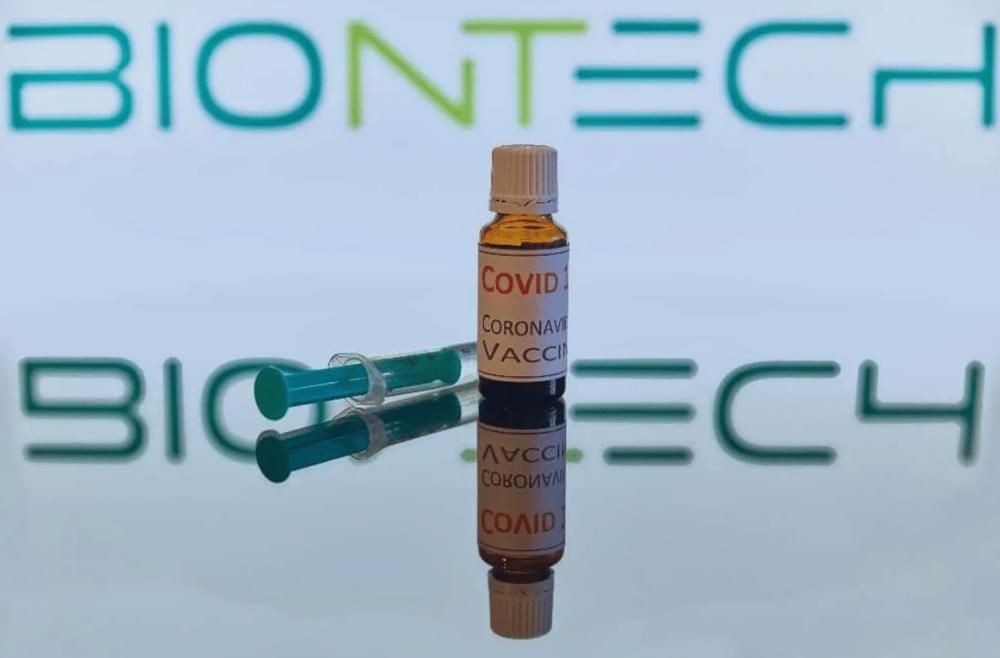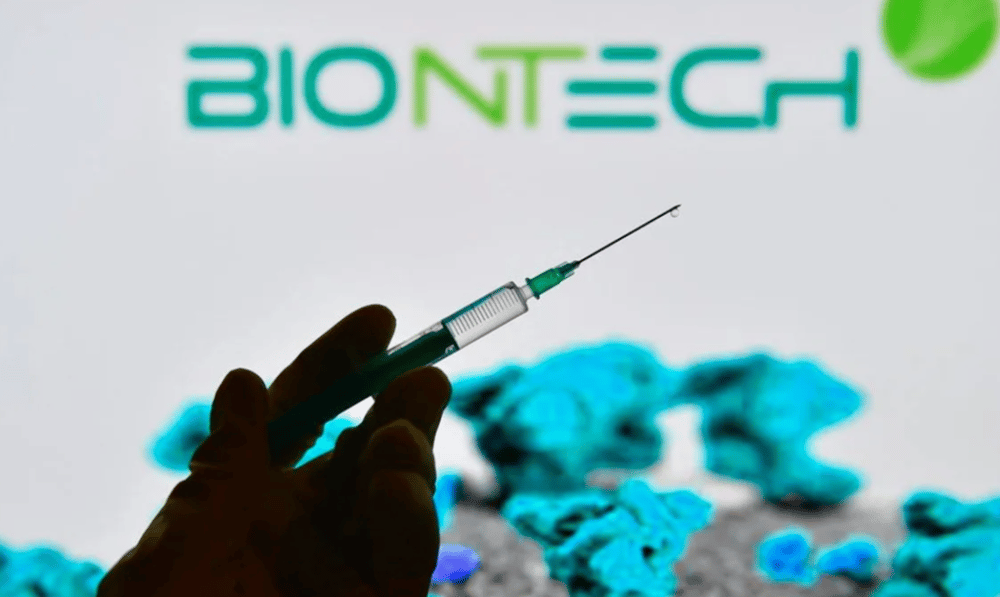BioNTech Acquires CureVac in $1.25B All-Stock Deal to Expand mRNA Oncology Portfolio
German biotechnology leader BioNTech SE $22UA.F announced on Thursday the acquisition of compatriot and former COVID-19 vaccine rival CureVac N.V. $5CV.DE in an all-stock deal valued at approximately $1.25 billion USD. The move marks a pivotal consolidation within Germany’s life sciences industry and underscores BioNTech's ambition to broaden its footprint in mRNA-based cancer therapeutics, a segment increasingly at the forefront of next-generation biotechnology innovation.
The transaction provides CureVac shareholders a 55% premium over their three-month average share price and results in them owning approximately 4% to 6% of the combined company. The deal aligns with BioNTech's long-term R&D strategy following its success in mRNA vaccine development during the COVID-19 pandemic.
Implications for mRNA Innovation and Competitive Positioning
This acquisition not only eliminates a key competitor in the mRNA space but also enhances BioNTech’s pipeline and intellectual property base, particularly in oncology-focused mRNA technology. CureVac brings years of proprietary research, clinical-stage oncology programs, and infrastructure that can now be leveraged by BioNTech to accelerate time-to-market and expand therapeutic applications beyond infectious diseases.
Strategically, the deal gives BioNTech access to CureVac’s proprietary RNA printer platform, a key asset in rapid and scalable mRNA production — a crucial differentiator in future pandemic preparedness and personalized cancer treatments.
From a financial perspective, executing the acquisition via stock rather than cash preserves BioNTech’s balance sheet liquidity, providing optionality for future capital-intensive R&D or manufacturing scale-up initiatives.

Quick Facts
💰 Deal Value: $1.25 billion USD (all in BioNTech stock)
📈 Premium Offered: 55% over CureVac’s 3-month average price
📊 Shareholder Outcome: CureVac investors to own 4%–6% of BioNTech
🔬 Strategic Focus: mRNA oncology pipeline expansion
🧬 Tech Synergies: Access to CureVac’s RNA printer and clinical platforms
Market Reaction and Commentary: Biotech Consolidation in Focus
Market responses to the announcement have been cautiously optimistic. While BioNTech shares remained relatively flat in early European trading, CureVac surged sharply on the Frankfurt Stock Exchange, reflecting investor approval of the acquisition premium and potential upside in becoming part of a more robust pipeline and commercial infrastructure.
Analysts broadly interpret the move as a consolidation of Germany’s mRNA ecosystem, positioning BioNTech as a dominant European force in personalized medicine. The transaction also hints at a broader post-COVID transition across the biotech industry — from pandemic vaccine windfalls to long-term oncology-focused strategies.

Key Takeaways
BioNTech gains scale and proprietary technology to expand its oncology-focused mRNA portfolio.
CureVac investors receive a 55% premium, signaling strong strategic value.
The transaction preserves BioNTech's cash position while enhancing its innovation capacity.
The deal reflects a post-pandemic biotech realignment, moving from vaccines to cancer therapies.
Analysts view this as a pre-emptive move to stay competitive in a crowded mRNA pipeline landscape.
Long-Term Impact on mRNA Cancer Therapies and European Biotech Leadership
BioNTech’s acquisition of CureVac represents more than a balance sheet reshuffle — it signals the next phase in the evolution of mRNA technology as a therapeutic platform beyond infectious diseases. By consolidating research talent, clinical assets, and IP portfolios, BioNTech is doubling down on its vision to lead the global development of mRNA-based immunotherapies, particularly in oncology.
In the context of increasing competition from global peers such as Moderna $MRNA and Pfizer $PFE, this strategic buyout may fortify BioNTech's standing as Europe’s mRNA innovator-in-chief. Furthermore, this deal sets a precedent for future M&A activity in the biotech space as firms recalibrate their long-term strategies for sustainable growth and post-pandemic relevance.















Comments
It’s impressive to see such a strategic move that could well be the catalyst for groundbreaking mRNA cancer therapies.
Capital is increasingly flowing into automation technologies with long-term scalability